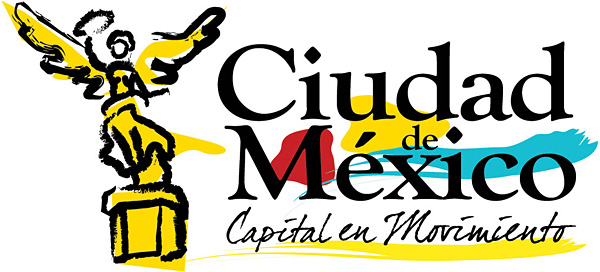- Home
- Reporting entities
- Osan City
Osan City
Republic of Korea Mayor: Sang-uk Gwon-
Population 193892

-
Area 42.76km 2
-
GDP N/AN/A
-
Targets by N/A N/Aemission
Targets by Osan City
There are no targets yet
- Start year: 2011
- Type: Technical/Infrastructure investment
- Status: In operation
To actively respond to government low-carbon, green
growth policies by reducing greenhouse gas emissions and
maximizing energy savings, the City is replacing its current
lighting system with high-efficiency, environment-friendly
LED lights. The program also includes the establishment of
lighting control and efficient HVAC facilities. The City will
soon replace 4th-floor AC installations.
- Buildings

- Start year:
- Type: Assessment/Research
- Status:
The City established a green technology research institute
for low-carbon and green growth issues in order to promote
green culture and develop as a green-technology industrial
hub. Institute activities include introducing new and renewable
energy technology and environment-friendly concepts
as well as energy efficiency improvement via high-efficiency,
environment-friendly energy systems such as PV power generation,
combined heat and power generation, and GHP
cooling and heating facilities.
- Other Emissions

- Start year: 2011
- Type: Policy/Strategies/Action Plans
- Status: In operation
Domestic and commercial reduction of energy consumption
is converted to point equivalencies; greenhouse gas
emissions reduction incentives encourage citizens to reduce
consumption voluntarily. The program’s 22,519 participant
households reduced CO2 emissions in the period by 1067
metric tons (the equivalent of 380,000 pine trees). Incentives
granted totaled US$ 16,920.
- Buildings

- Start year: 2006
- Type: Policy/Strategies/Action Plans
- Status: Completed
The development plan involves an environmentally-friendly
spatial configuration which enables sustainable urban development
through the improvement
of the natural environment, landscape,
ecosystems and green spaces
and establishes a plan to promote
urban community consciousness.
Specialized strategies include green
network conservation, the construction
of a linear open space with which
to connect a commercial zone and a
housing area, and the development
of a pedestrian-oriented street and
bike path.
Participating organization: Korea Land
and Housing Corporation

- Start year: 2010
- Type: Policy/Strategies/Action Plans
- Status: In operation
This project encompasses three main subprojects:
(1) restoring the Gajangcheon wetlands, Daehocheon water purification
facilities, odors and back-flow prevention facilities,
ecological habitat restoration and improvement of alluvial islands
(2) river improvements to prepare for flooding, ecological-space
restoration and water quality improvement
(3) restoration of urban streams, wetlands development, riverbed
dredging, river facilities improvement, non-point source
reduction facilities and reconstruction of the Geumgok irrigation
reservoir

Mayor Sang-uk GwonOsan City, Republic of Korea


